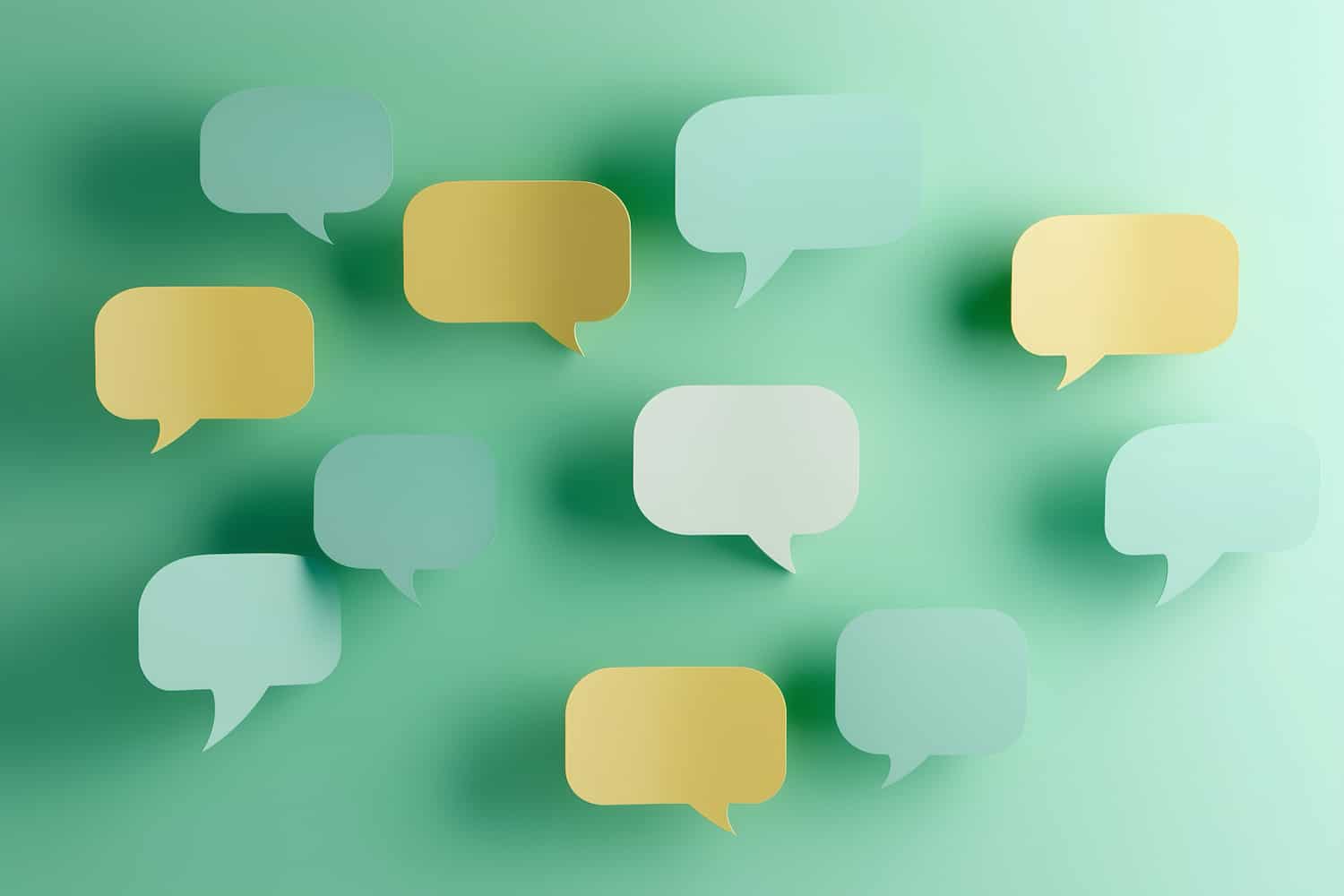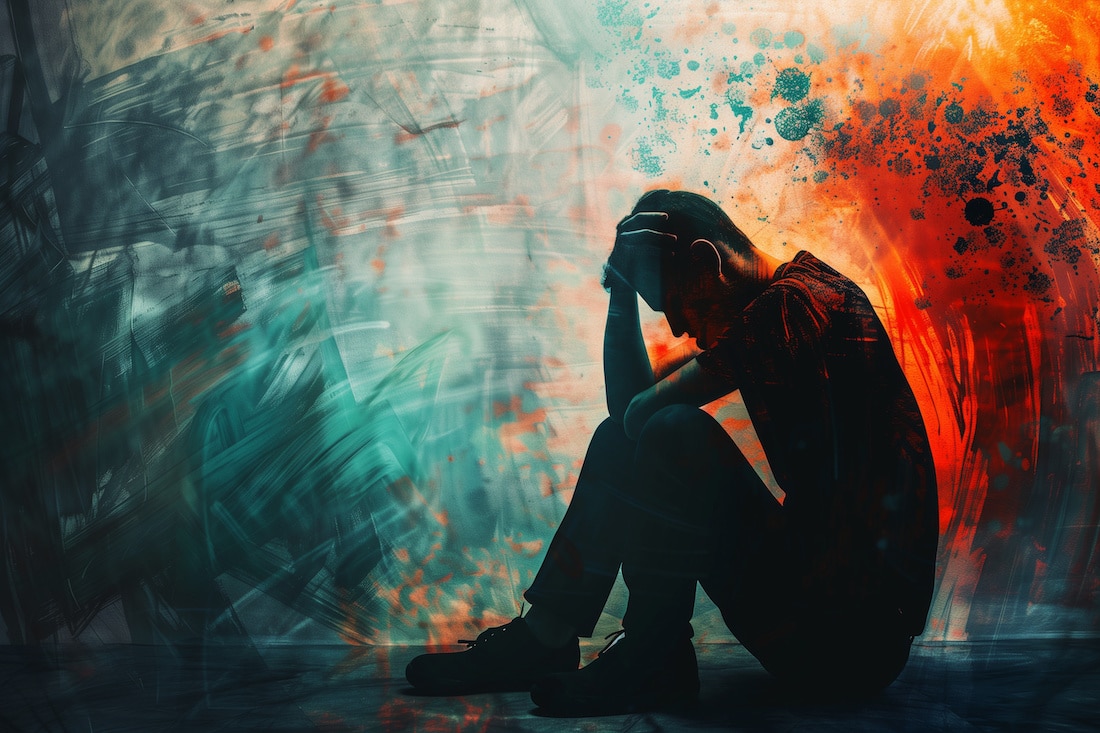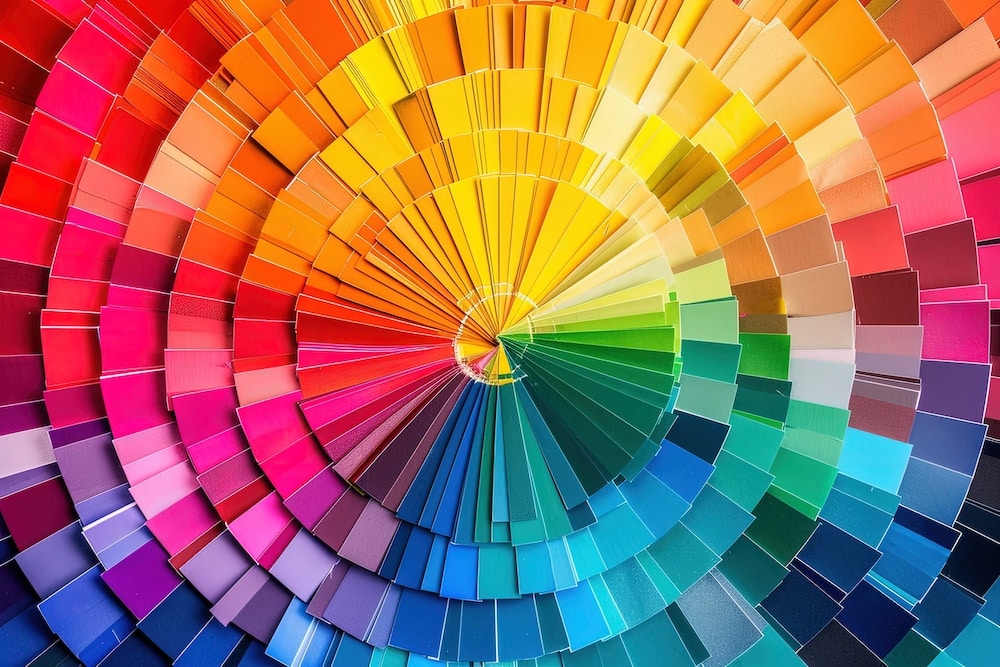
Reaching for alcohol as a way of relaxing or quieting stormy emotions is very socially acceptable in our culture. Many movies portray characters turning to alcohol to “drown their sorrows” after something painful or traumatic happens to them. Drinking is supposed to make you feel better if you’re in emotional pain, and it works—at least at first.
If you ever find you feel more depressed after drinking than you did before you drank, you’re not alone. While alcohol is sometimes able to lift your mood or make you feel less anxious, it can also
intensify feelings of sadness, depression, and hopelessness.
For More Information About Our Alcohol Abuse Treatment Programs
Call Us At: (310) 455-5258
Your Brain on Alcohol
When you consume one or two drinks, you’re likely to experience pleasurable feelings such as relaxation and loss of inhibitions. You may become giddy, playful and outgoing. As your blood alcohol level rises, you may experience other symptoms such as slurred speech, confusion, difficulty remembering or concentrating along with motor impairment.
Under the influence of alcohol, you may lose control of your emotions or begin experiencing negative feelings more intensely, which can make your problems seem worse than they are. If you continue drinking once these symptoms set in, it can lead to unconsciousness, coma or even death.
Even if you don’t experience feelings of sadness or hopelessness soon after you start drinking, evidence that
alcohol is a depressant is pretty apparent when you wake up the next day. The boost in brain chemicals that happens during a “buzz” sooner or later results in a dip in these feel-good brain chemicals, leading to feelings of sadness or lethargy. The morning-after hangover can be quite unpleasant, with symptoms such as headache, fatigue, and nausea.
The Link Between Alcohol Use and Depression
There’s a clear
link between depression and frequent alcohol use. The American Psychiatric Association defines depression as a common form of mental illness that can affect how you act, feel and think in a negative way. It’s not uncommon for people who are experiencing symptoms of depression such as loss of interest in activities, feelings of worthlessness and extreme sadness to turn to alcohol in an attempt to self-medicate, but ultimately
symptoms of depression can worsen under the effects of alcohol.
Alcohol is a central nervous system depressant. If you’re already
struggling with depression before you start drinking, even a small amount of alcohol can make you feel worse. If you’re on antidepressants, heavy alcohol use can make them less effective or can worsen the side effects of the medication. Combining antidepressants with alcohol can also cause extreme sleepiness, making it more dangerous to drive.
It can be difficult to determine whether depression causes alcohol misuse or if
alcohol misuse causes depression. Drinking heavily can lead to
chemical imbalances in the brain that can gradually lead to a mood disorder such as depression or bipolar disorder.
Getting Help for Depression or Alcohol Use
For many people, moderate use of alcohol has no negative consequences. Problems occur when you start drinking heavily. Drinking too much can harm your health, including your mental health. Depression, anxiety, lost productivity and problems with relationships are all possible
consequences of excessive alcohol use over time.
Habitual use of alcohol as a means of altering your mood can lead to physical and emotional
dependence on this substance. Relying on alcohol when you’re feeling negative emotions can stop you from getting the help you need to
treat depression or from developing better
coping skills. If you frequently turn to alcohol as a coping method or if you’re experiencing intense feelings of depression, you may have a condition you shouldn’t ignore, and it’s a good idea to talk to your doctor or a mental health professional.
If you or a loved one are struggling with alcoholism, depression, or another mental health concern, please call us at
(310) 455-5258 or submit the form below to learn more about our treatment programs in Los Angeles.
 Reaching for alcohol as a way of relaxing or quieting stormy emotions is very socially acceptable in our culture. Many movies portray characters turning to alcohol to “drown their sorrows” after something painful or traumatic happens to them. Drinking is supposed to make you feel better if you’re in emotional pain, and it works—at least at first.
If you ever find you feel more depressed after drinking than you did before you drank, you’re not alone. While alcohol is sometimes able to lift your mood or make you feel less anxious, it can also intensify feelings of sadness, depression, and hopelessness.
For More Information About Our Alcohol Abuse Treatment Programs
Call Us At: (310) 455-5258
Reaching for alcohol as a way of relaxing or quieting stormy emotions is very socially acceptable in our culture. Many movies portray characters turning to alcohol to “drown their sorrows” after something painful or traumatic happens to them. Drinking is supposed to make you feel better if you’re in emotional pain, and it works—at least at first.
If you ever find you feel more depressed after drinking than you did before you drank, you’re not alone. While alcohol is sometimes able to lift your mood or make you feel less anxious, it can also intensify feelings of sadness, depression, and hopelessness.
For More Information About Our Alcohol Abuse Treatment Programs
Call Us At: (310) 455-5258



